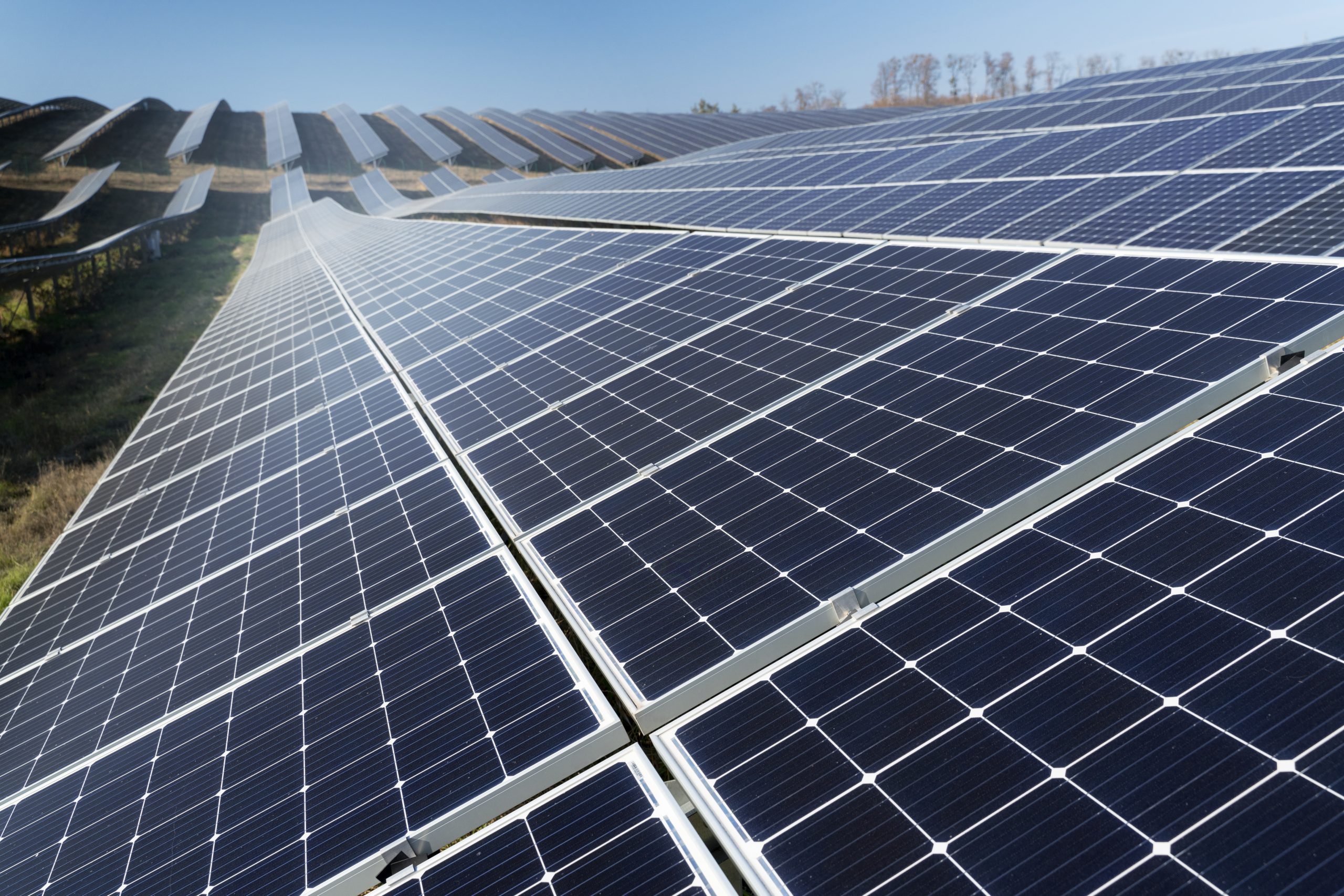

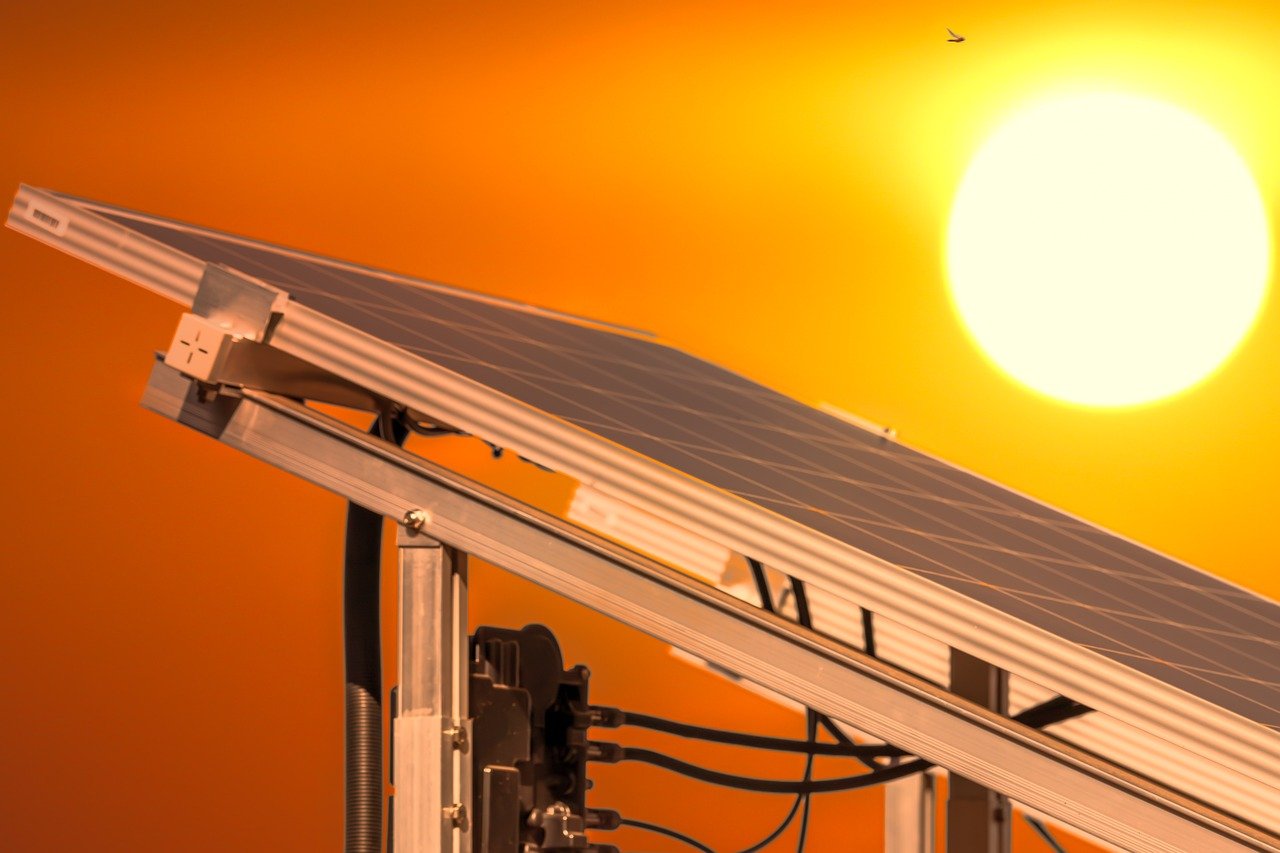
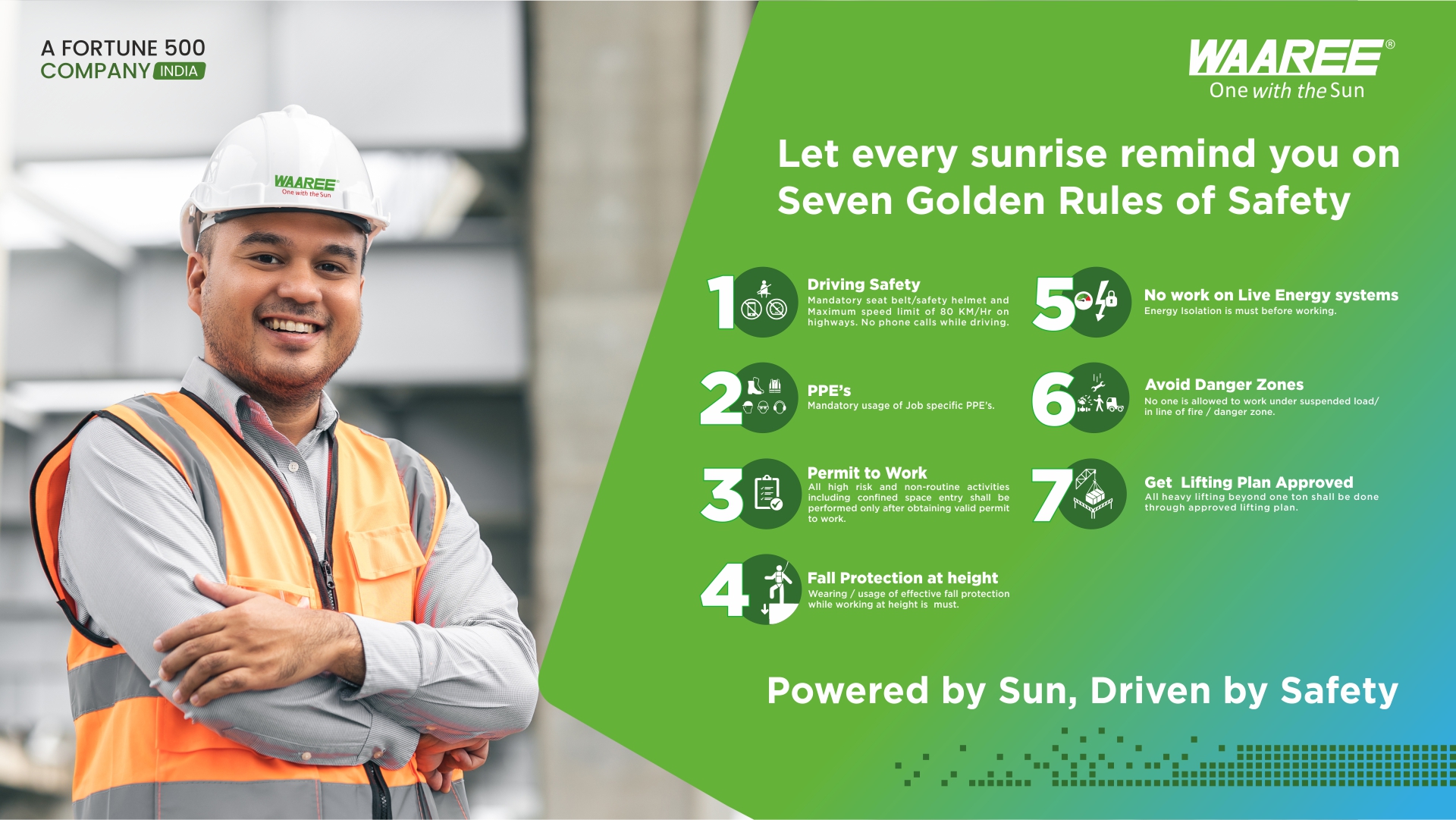
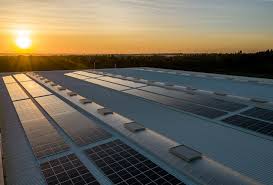
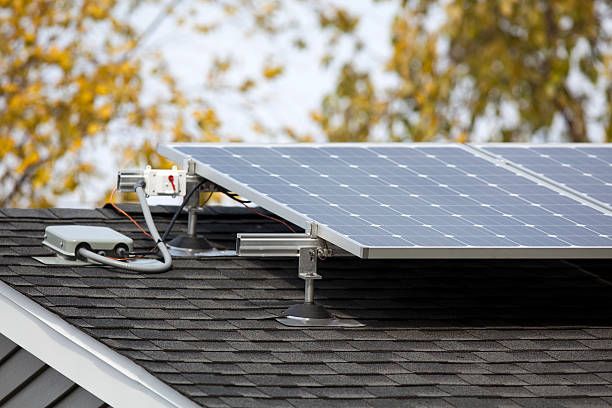
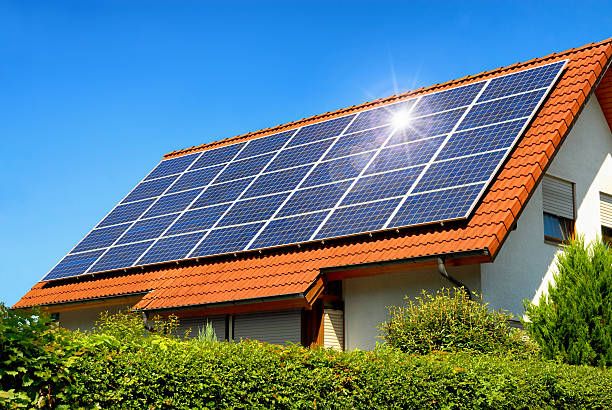
Investing in solar panels is a big decision that can have a significant impact on your energy bills and carbon footprint. With solar power rapidly gaining popularity in India, it’s essential to understand the buying process to make an informed choice. In this comprehensive guide, we’ll walk you through the key steps involved in purchasing solar panels, from obtaining quotes to securing financing options.
Getting Quotes:
The first step in the solar panel buying process is to gather quotes from reputable solar installers in your area. It’s advisable to request quotes from at least three different companies to compare prices, products, and services. When soliciting quotes, provide accurate information about your energy consumption, roof size, and orientation to ensure accurate pricing and system sizing.
How to Compare Quotes from Different Installers:
Comparing quotes from multiple installers can be daunting, but it’s crucial to ensure you’re getting the best value for your investment. Here are some key factors to consider:
Questions to Ask Your Solar Provider:
To make an informed decision, it’s essential to ask your solar provider the right questions. Here are some crucial queries to consider:
Financing Options:
One of the significant advantages of solar power in India is the availability of various financing options to make the investment more accessible. Here are some common financing methods:
Here’s an extension of the main blog content, adding approximately 300 more words:
Net Metering and Grid-Connection:
One crucial aspect to consider when buying solar panels is how your system will interact with the local utility grid. In India, many states have implemented net metering policies, which allow you to send excess solar energy back to the grid and receive credits on your utility bill.
Understanding net metering regulations in your area is essential, as it can impact the size of the solar system you choose and the potential savings you can achieve. Your solar installer should be able to guide you through the process of interconnecting your system with the grid and ensuring compliance with local regulations.
Maintenance and Monitoring:
Solar panels are designed to be low-maintenance, but regular cleaning and inspections are still necessary to ensure optimal performance. During the quoting process, inquire about the maintenance requirements and availability of monitoring systems.
Many solar installers offer monitoring solutions that allow you to track your system’s energy production in real-time, either through a dedicated app or a web-based platform. This can help you identify any potential issues early and ensure that your system is performing as expected.
Additionally, discuss the warranty coverage and service agreements offered by the installer. A comprehensive warranty should cover the panels, inverters, and workmanship, providing peace of mind and protecting your investment. Waaree is a leading solar company in India, renowned for its innovative and high-quality solar solutions. With a strong commitment to sustainability and a track record of delivering excellence, Waaree has emerged as a trusted partner for residential, commercial, and utility-scale solar projects across the country. Their comprehensive range of products and services, combined with a team of experienced professionals and a customer-centric approach, make Waaree the ideal choice for anyone seeking to embrace the power of solar energy. Waaree’s dedication to continuous innovation and their pursuit of excellence have solidified their position as a frontrunner in India’s solar industry.